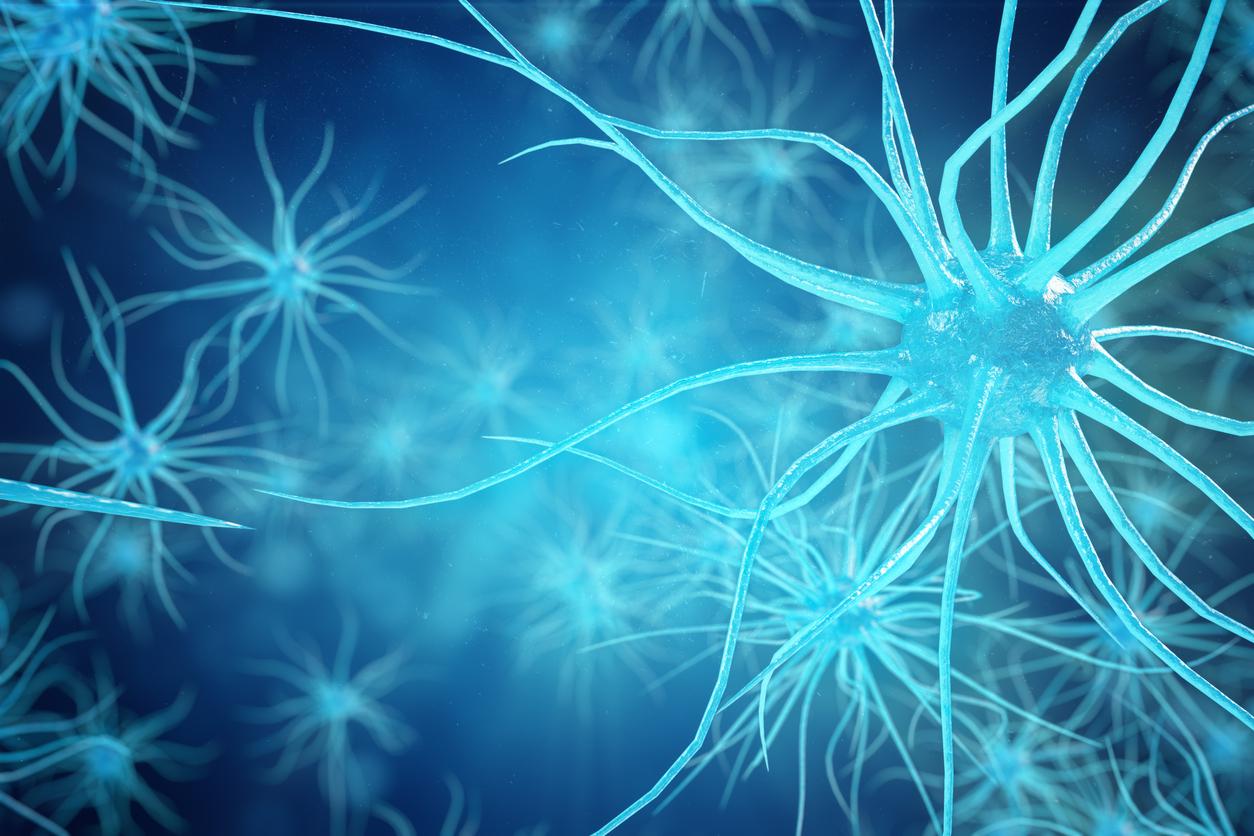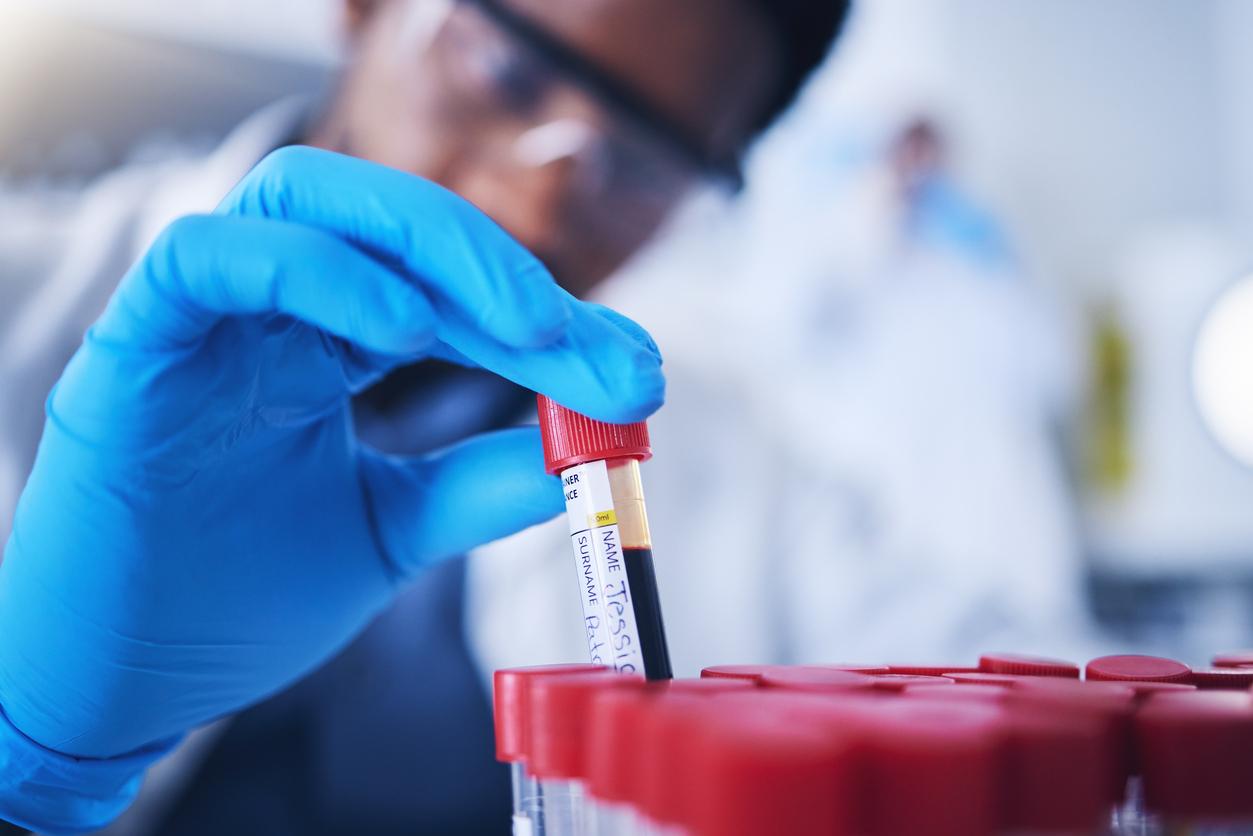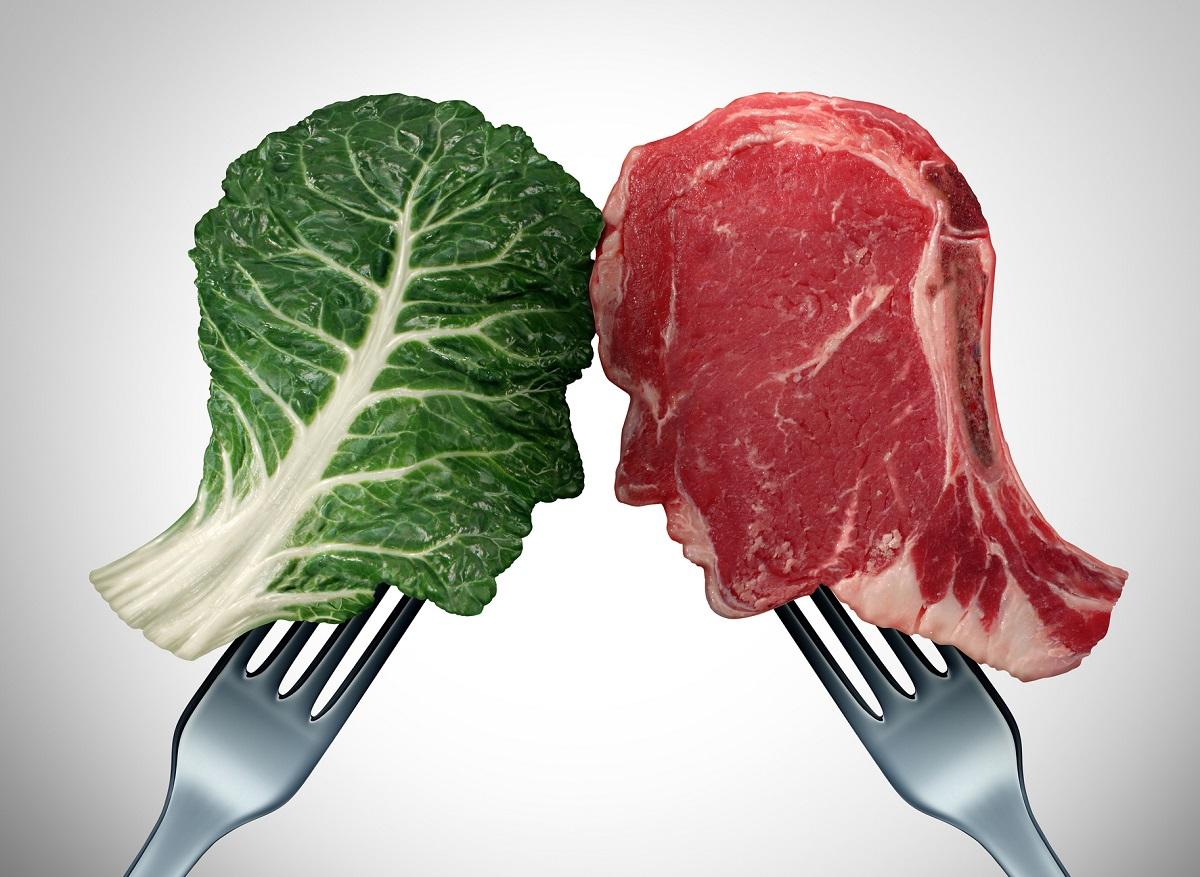On the occasion of our amyotrophic lateral sclerosis awareness week, Pourquoi Docteur interviewed Professor Pierre Jésus, professor of nutrition and head of the nutrition unit at Limoges University Hospital, on the importance of diet for these patients.

Why Doctor: Why do people with amyotrophic lateral sclerosis need to pay special attention to their diet?
Pr Pierre Jesus: ALS is a neurodegenerative disease that causes loss of muscle mass, so if the patient also loses weight because they don’t eat enough, the disease can get worse, increasing the risk of dying. In addition, about 50% of these patients develop hypermetabolism, meaning they spend much more energy than before. For them, it is usually necessary to adapt food intake by increasing it.
And yet, some patients may, on the contrary, tend to reduce their food intake…
Indeed, amyotrophic lateral sclerosis is a motor neuron disease, which means that it can cause swallowing problems. They can also be present from the onset of the disease in the case of bulbar onset. These difficulties in swallowing can lead to the risk of choking, putting the patient in a stressful situation at mealtimes. In addition, respiratory failure that appears gradually is also responsible for a reduction in food intake. Hypersalivation or, conversely, hyposialia, can also be a source of complications for food intake. Finally, the psychological impact of the disease or transit disorders (constipation) are also factors that promote a loss of appetite in some patients.
Today, we know that what really helps slow the progression of the disease is maintaining a stable weight.
Intermittent fasting, ketogenic diet… Is there an ideal type of diet when you have ALS?
None of these diets have shown any particular clinical benefit. Today, we know that what really helps slow the progression of the disease is to maintain a stable weight. If there is weight loss, we can recommend that the person eat a little more by enriching their diet. But apart from that, there are no dietary restrictions to put in place, nor miracle foods!
What are the recommendations for patients at risk of malnutrition?
First, we look for the cause: is it a problem related to hypermetabolism? To swallowing difficulties? To salivation? To the psyche? Depending on this, we can advise adapting the texture of food and drinks, enriching dishes with protein sources (animal or vegetable), splitting meals with more snacks, eating a snack at night if the person gets up and there is no risk of choking, etc.
Unless there is a proven deficiency, we do not systematically offer supplementation.
In which cases do you prescribe oral food supplements?
We prescribe reimbursed oral food supplements only to patients who are unable to increase their intake themselves. These are enriched mixtures that offer a complete nutritional profile, in the form of drinks, fruit juices, dessert creams, etc. Patients must take them as a snack, in addition to meals, at 10 a.m. or 4 p.m. for example.
What about vitamins?
Unless there is a proven deficiency, we do not systematically offer supplementation.
A study, published last year in review Neurologysuggests that consuming omega-3 fatty acids may help slow the progression of ALS. Should patients take supplements?
More specifically, it is the circulating blood levels of Alpha-Linolenic Acid (ALA) that would be associated with slowing the progression of the disease. In Limoges, we do not prescribe omega-3 fatty acids as supplements. Patients can find these omega-3 fatty acids in oily fish, and particularly ALA in rapeseed oil, walnut oil, etc.
When does the question of resorting to artificial nutrition arise?
Some patients want to continue to eat by mouth for as long as possible. In this case, we test as much as possible the adaptation of textures, oral food supplements, etc. And finally, when we observe a significant weight loss, around 10% of the base weight, and this loss continues despite the enrichment of the diet, or in the presence of significant aspiration with inhalation and pulmonary infection, we consider the establishment of artificial nutrition using a gastrostomy tube that passes through the skin and goes to the stomach to feed the person. This solution can also be considered earlier, in the event of respiratory failure, and preferably before the establishment of artificial ventilation.


















